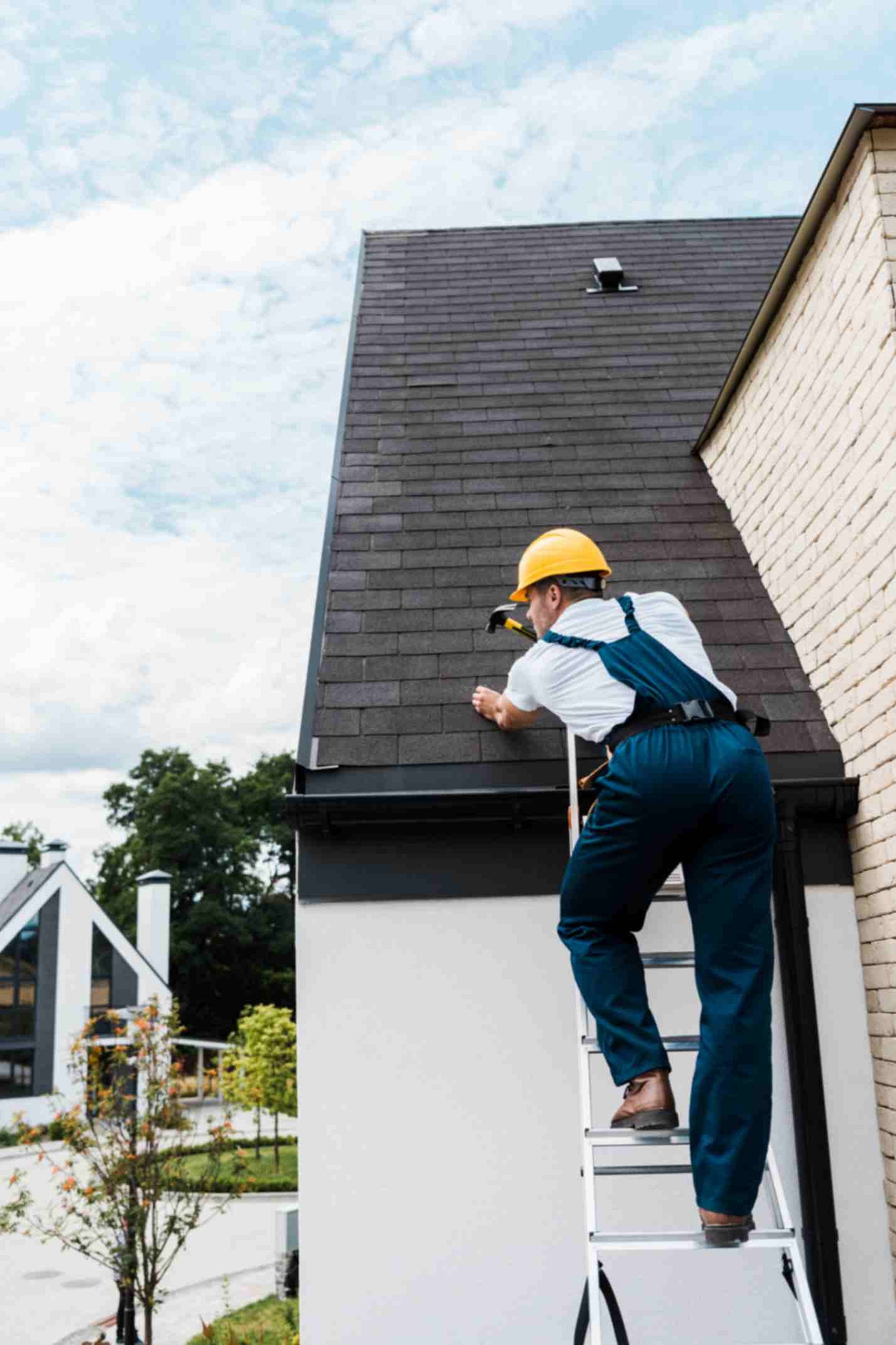Knowledge Hub

Insure your home in time for load shedding
With all the power troubles South Africa has been experiencing recently due to the woes at Eskom, it’s extremely important to make sure that you protect your home assets. Everyone is encouraged to act now and prevent potential damage to household appliances. And in case of damage or destruction, what contingency measures do we have in place to rectify this?
The effects load shedding can have on your appliances
As South African homeowners know, dealing with load shedding is never fun. You can't heat your food, you can't watch television, and you can’t charge your phone. And, if these blackouts go on long enough, they can wreak havoc on your household electronics.
When electricity is restored after an outage, the sudden rush of power can cause plugged in devices to blow and fail permanently or even start a fire in the home. So, if an interruption will affect your neighbourhood, or you know when power will come back on, its best to switch off all plug points and disconnect all electric devices from wall sockets beforehand.
You are also encouraged to install a surge protector on any electronic devices that are plugged into outlets so that there is a barrier to reduce a sudden surge of electricity if they have been accidentally left on.
Load shedding and insurance
Making sure your home and its contents are covered under policy will help to protect you from expenses resulting from fire damages. But be careful about the type of insurance you take out. Many homeowners assume that if something bad were to happen to their property, their policy will automatically pay for the damage. Unfortunately, this is not always the case. You cannot, for example, claim for damage to your television if you only have buildings insurance, which covers structural damages as a result of fires, earthquakes, floods, burst pipes or falling trees.
Likewise, if you only have a home contents insurance, you cannot claim for damage to the physical structure of the property owing to a fire that was caused by an electric surge. Another concern can be that all your food will go bad. Not all home insurance policies will cover the contents in your refrigerator, so when you sign up for the insurance, check whether they will reimburse you for spoiled food.
Statistically, houses are most likely to be burgled when the lights go out and security measures are disabled. This means that your home and possessions are very vulnerable during load shedding, especially if you’re away from home. Luckily, there are plenty of safety measures you can put in place to secure your home and minimise the risk of burglary. If there’s a power outage, you are advised to ensure that your home is locked up, and that you have a back-up battery installed in your security alarm. This will not only help keep burglars out but will also boost your insurance claim in the event that any theft does occur during load shedding.

We Have Great
Insurance Products
Need car, home & Life Insurance? We offer a wide range of insurance products. Switch & get cash back on insurance premiums.
Related blogs

Home Leisure
Home insurance – yes, you need it!

Home Leisure
Protect your home from top to bottom




